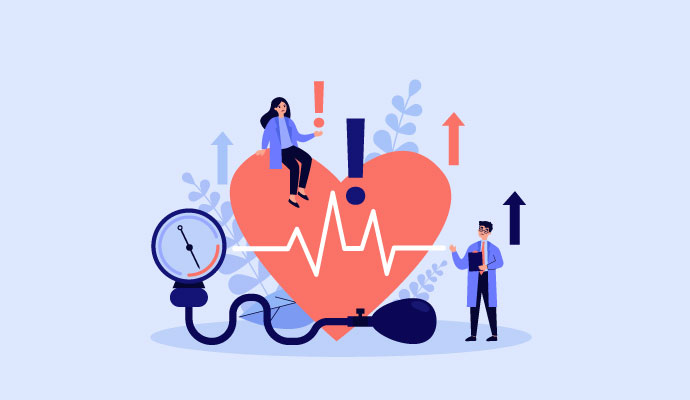UNC Gets $2.8M to Study Impact of Personalized Messaging on Weight Loss
The UNC Gillings School of Global Public Health has received millions in new funding from the National Institutes of Health to study how personalized messaging can help those aiming to lose weight.

Source: Getty Images
- The National Institutes of Health (NIH) awarded $2.8 million to the UNC Gillings School of Global Public Health, which will be used to examine the impact of adding personalized messaging to its weight management smartphone app.
The new funds will support a four-year study on optimizing weight management resources with the help of personalized messaging.
“We know there are individual differences in when and what types of support people might need to meet their goals related to activity, nutrition and weight,” said Carmina Valle, PhD, assistant professor in the department of nutrition and member of the UNC Lineberger Cancer Center, in the news release. “Our work will help us systematically identify what, when and for whom these personalized messages work best.”
Over six months, 200 young adults with weight loss goals will engage with an app called Nudge. During this time, all participants will be able to use the app's standard features, including weight tracking, activity level check-ins, healthy eating incentives, and food monitoring, especially for high-calorie foods, labeled “red.”
Additionally, to increase the subjectivity of these services, a personalized messaging feature will be included. This feature will be tested by randomly selecting a portion of patients three times per day who will receive one of seven types of messages. These messages will provide personalized behavior change techniques.
This study aims not only to help clients reach their goals but also to improve the services provided by the app and assess the efficacy of personalized messaging.
“Results of this study will not only inform our understanding of which intervention messages are efficacious for helping people meet daily behavioral goals, but also when they are efficacious, for whom, and under what environmental conditions. Our work is rooted in the promise of the precision medicine initiative by developing highly adaptive, just-in-time mobile intervention messaging that is personalized to individuals,” Valle said.
According to the Centers for Disease Control and Prevention, the number of states in the USA with 35 percent of residents being obese doubled between 2018 and 2021.
Previous research has shown that using a smartphone app can improve outcomes among patients with chronic health conditions.
A study published in 2021 shows how chronic kidney disease patients benefited from an mHealth smartphone app. The app known as eKidneyCare enabled patients to stay up to date with medications and allowed them to connect with pharmacies. Almost three-quarters of patients used the app at least once to review medications, the study found.
